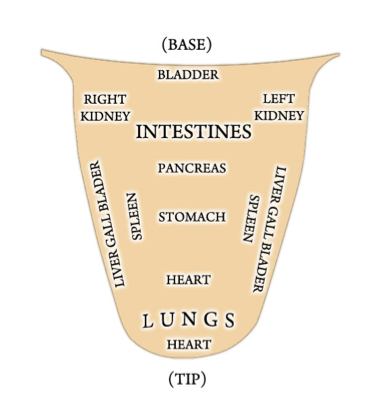Thanksgiving and Christmas is over and in the blink of an eye it will be 2015.
As I reflect on the past year I am overcome with many emotions. I have seen some people have a very successful year but I have seen many more (too many) struggle just to get by and make ends meet.
For those of you that may be facing financial challenges, we have re-instituted our monthly payment option and the 50/50 option. The early renewal option has also been a great success as it has saved us
Savon has not been immune from the trickle down effects of the Affordable Health Care Act and we have felt the pinch as many of you have. In years past (2009 and earlier) no health insurance company offered individual dental coverage. Between 2013 and now, virtually all health insurance companies offer it.
These insurance companies have the capital and means to make what they are offering to its’ customers attractive, however in the end people are finding that it is a far inferior product to what Savon offers. The good news is that many members are realizing this and returning to Savon!
These insurance companies have the capital and means to make what they are offering to its’ customers attractive, however in the end people are finding that it is a far inferior product to what Savon offers. The good news is that many members are realizing this and returning to Savon!
We pride ourselves in our customer service and we will go to any reasonable extreme to work with our members and make them happy. Our phones are monitored by a customer service representative 7 days a week, (and yes… I personally helped one of our members on Thanksgiving Day while I was watching football at home).
For those of you that may be facing financial challenges, we have re-instituted our monthly payment option and the 50/50 option. The early renewal option has also been a great success as it has saved us
on printing and postage and we have been able to pass those savings along to the members that take advantage of the early renewal offer.
At the request of many of our members, we are exploring the possibility of adding an optional vision and hearing plan to our portfolio and we will keep you posted as progress is made.
I would personally invite, (beg, grovel, implore, request or whatever word best describes it) you to visit to our page on the Better Business Bureau and give us a review. Please note: This review is for the dental plan not the dentists.
 |
| Check Us Out And Review Us! |
The Better Business Bureau is a strong marketing tool for us and we have had an A+ rating since they started their rating system. In the past the only thing the BBB allowed consumers to do was file a complaint against a business. They now allow you to give
reviews and express their feelings (good or bad) about a business. Please take a few minutes and give us a review. It will be greatly appreciated.
This has been a snapshot of Savon for 2014 and in closing, I would like to wish each and every one of our members and their families the happiest of holidays and a fantastic and prosperous 2015.
Stay safe, stay healthy and stay with Savon, “your dental plan every step of the way!”







